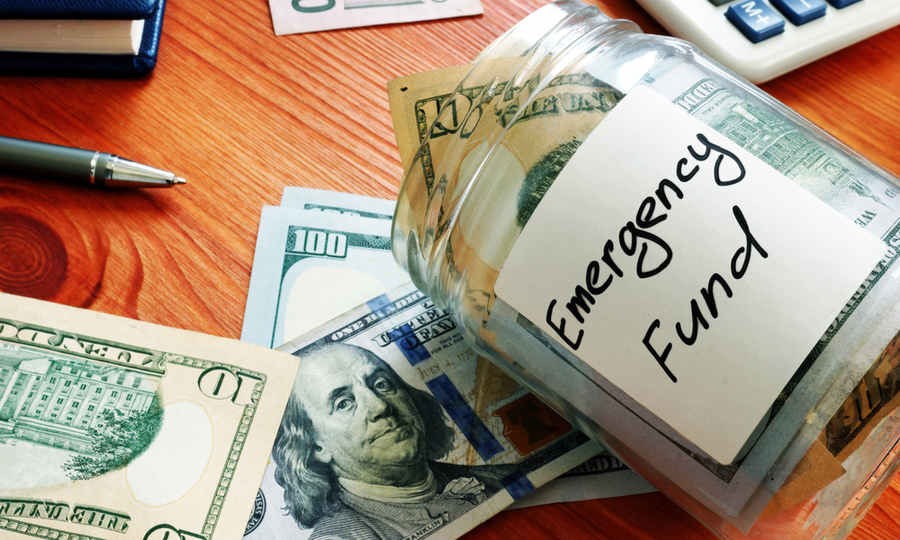I WANT
RELATED LINKS
I WANT
RELATED LINKS
RELATES LINKS
I WANT
RELATES LINKS
Services
Related Links
Use and Management of Cookies
We use cookies and other similar technologies on our website to enhance your browsing experience. For more information, please visit our Cookies Notice.
- Personal Banking
- Stories & Tips
- Grow Your Wealth
- Why An Emergency Fund Really Matters
- Personal Banking
- ...
- Why An Emergency Fund Really Matters
Why An Emergency Fund Really Matters
03-06-2022
Back to the lockdown period to prevent the spread of the COVID-19 outbreak, many financial planning experts mentioned the term “emergency fund”. However, when the lockdown is gradually released, people seem a bit relieved, and then the “Emergency fund” is slowly fading.
Since early April 2021, the “Emergency fund” has returned in accordance with a new wave of COVID-19. Most people return to work from home again and many feel anxious about their income loss or there’s a tendency of immediate layoff.
Consequently, it always reminds us to have an emergency reserve of cash no matter what the situation is, the economy grows or crashes, or in crisis time. If we don’t prepare a financial plan, we won’t be able to cope with unexpected incident resulting in opportunity loss, for example; losing a chance to make an income so we can’t support the family or our children may lose educational opportunities. Those are financial problems that are hardly solved.
During an economic recession or crisis, income goes down but expenses remain, such as utility, car, and house installment payments, children’s tuition fees, phone bills, and many more. Financial burden may be increased from time to time for essential expenses like a facial mask, alcohol spray, hand gel, dry food, or health insurance.
All of a sudden, we may have to pay for urgent dental care, emergency car repair, accidents, such as a leaky roof of the house, appendicitis surgery, salary is decreased or being laid off, and other unexpected matters. Those causes affect your financial status; therefore, an emergency fund is an important solution in times of trouble.

The preparation of an emergency financial plan varies for every individual. Basically, you need to check the number of your monthly expenses first.
In a normal situation, each person should save extra money for emergencies about 3 - 6 times of monthly expenses, for example; Reserve 30,000 - 60,000 Baht for monthly expenses of 10,000 Baht.
In unusual times, such as during the COVID-19 situation, it’s recommended to prepare for emergency money at least 8 – 10 months which means to have extra cash of about 80,000 – 100,000 baht. If there’s an unexpected event in your life and you lack emergency funds, you’ll have to go for a loan and that will become a financial problem in the future.
For example, A is working in a private company and has a stable income. Prior to the COVID-19 crisis, he had some savings and didn’t have financial difficulty. Anyway, he didn’t keep the emergency fund in cash.
In the mid of 2020, half of his salary was reduced due to COVID-19. Without a backup plan and income partly lost, A had to withdraw his savings to make a living, and negotiated with the creditor for extending debt payment terms.
While losing income but expenses still exist, A started having financial distress and that has affected his living. On the other hand, if he reserved money for emergencies in case of unexpected situations, he could survive and wouldn’t face much financial burden.
Many people haven’t started saving money for emergencies even a month. The key is to start it today by setting a goal to save money on a monthly basis, such as 5% of your salary, etc., and follow that continually.
The Emergency Fund that is considered safe includes Savings or Money Market Fund because those types of investments generates interest with high liquidity. Most significantly, that sum of money should only be spent in case of emergency.
